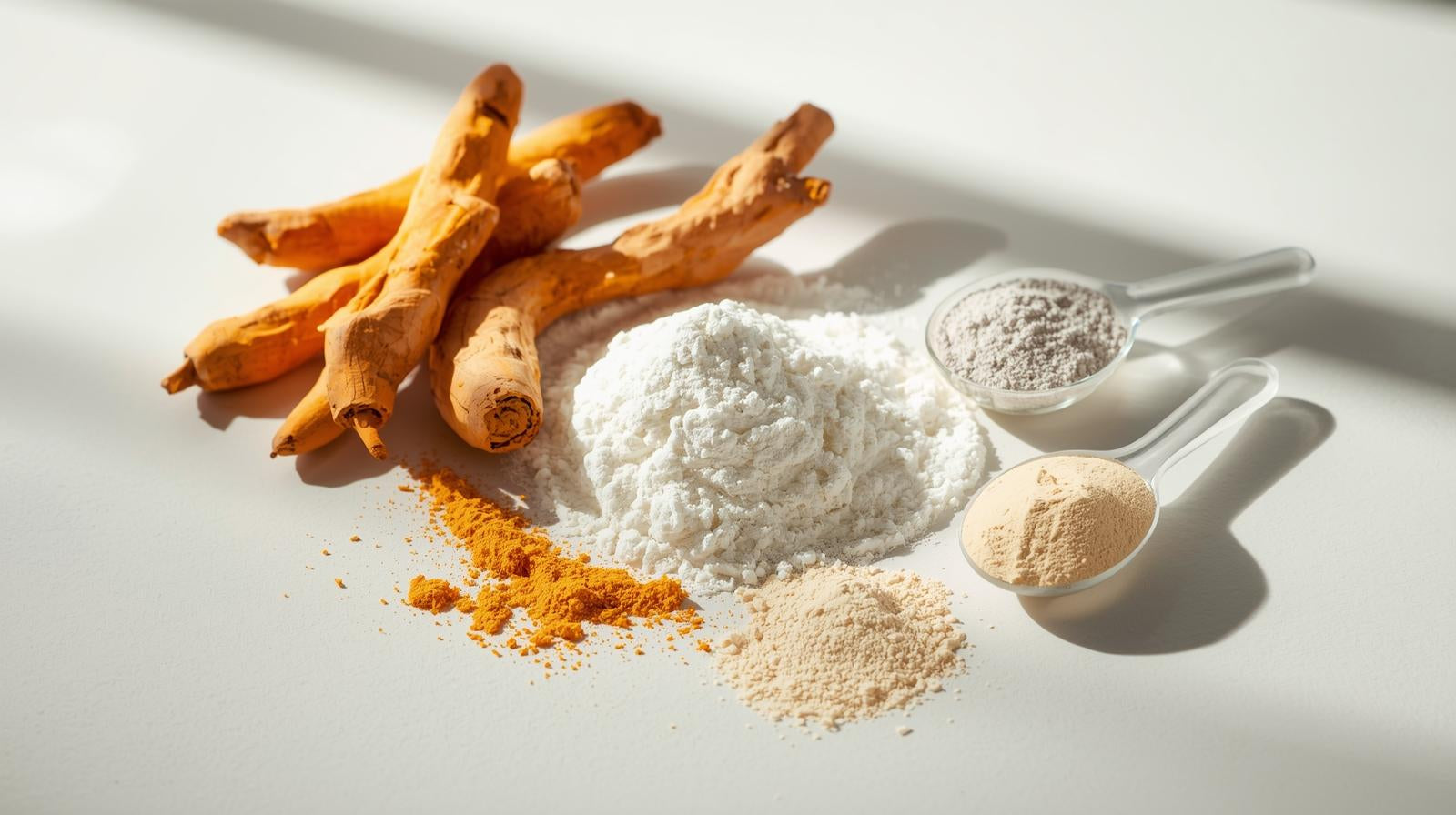Arthritis comes in more than one hundred different forms, but the most common form is osteoarthritis, which affects about 27 million Americans. Osteoarthritis is a degenerative joint disease that occurs when the protective cartilage in joints starts to wear away. It is most common in people who have passed middle age, because as we age our bodies become less able to suppress inflammatory responses. When inflammation occurs on a regular basis in the joints, that’s when cartilage and bone start to degrade, causing pain and difficulty moving.
A number of medications exist to help fight arthritis, and home remedies like heat, ice, and rest can be soothing. But most medications are far from perfect, and most home remedies don’t do anything to treat the problem – the chronic inflammation that causes joint damage to worsen.
That’s why scientists are excited about the possibility of using curcumin to treat arthritis. A number of studies have been done on curcumin and arthritis, and an analysis of randomized clinical trials on the subject found that there are good indications that curcumin may help relieve pain and slow joint damage.
Curcumin is the active compound in turmeric, and it has been researched in over a thousand studies because it has been shown to have anti-inflammatory, antioxidant, and pain-relieving properties. While many of those studies were small, no trial yet has found any negative side effects for taking a daily dose of curcumin, and many studies suggest that it’s potential healing power could be vast.
Beyond arthritis, curcumin has been studied in relation to heart disease, numerous cancers, diabetes, and Alzheimer’s disease, among other conditions. It seems that when curcumin is absorbed in the blood stream, it disrupts the process of inflammation, which helps alleviate the various types of problems that can be caused (or made worse) by chronic inflammation.
One study done in 2010 found that a turmeric supplement contributed to long-term improvement in pain and function for a hundred patients with osteoarthritis. A study done in 2006 found that curcumin might be even more effective at preventing the development of arthritis than it is at treating it. Another study done in 2012 found that patients with rheumatoid arthritis had less swelling when taking a curcumin-based product than they did when taking a nonsteroidal anti-inflammatory drug.
If you have arthritis — or if your parents do — think about getting a daily dose of curcumin for pain relief, reduced inflammation, and an overall health boost. Getting your daily intake of curcumin is easy with ZYN’s low-cal, low-sugar drinks. With a bit of piperine mixed in to boost absorption, you won’t find a tastier way to add curcumin to your daily diet.
*These statements have not been evaluated by the Food and Drug Administration. The products are not intended to diagnose, treat, cure, or prevent any disease.







